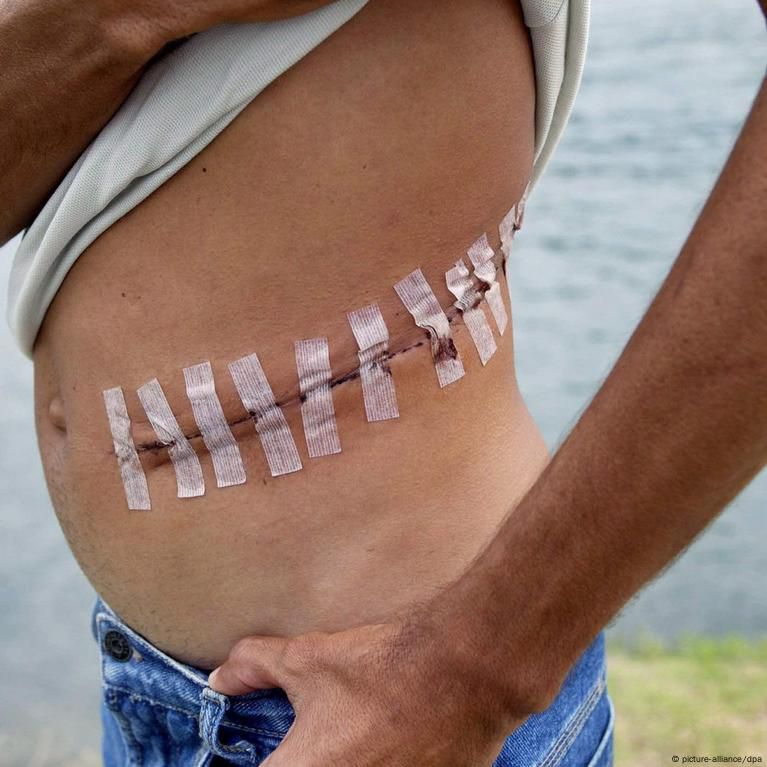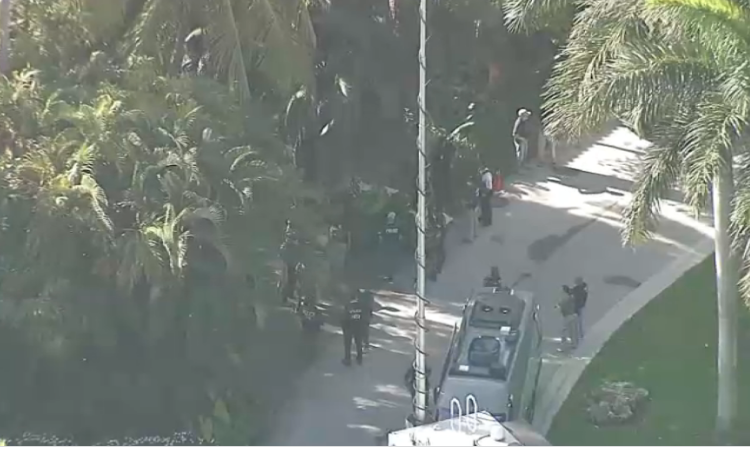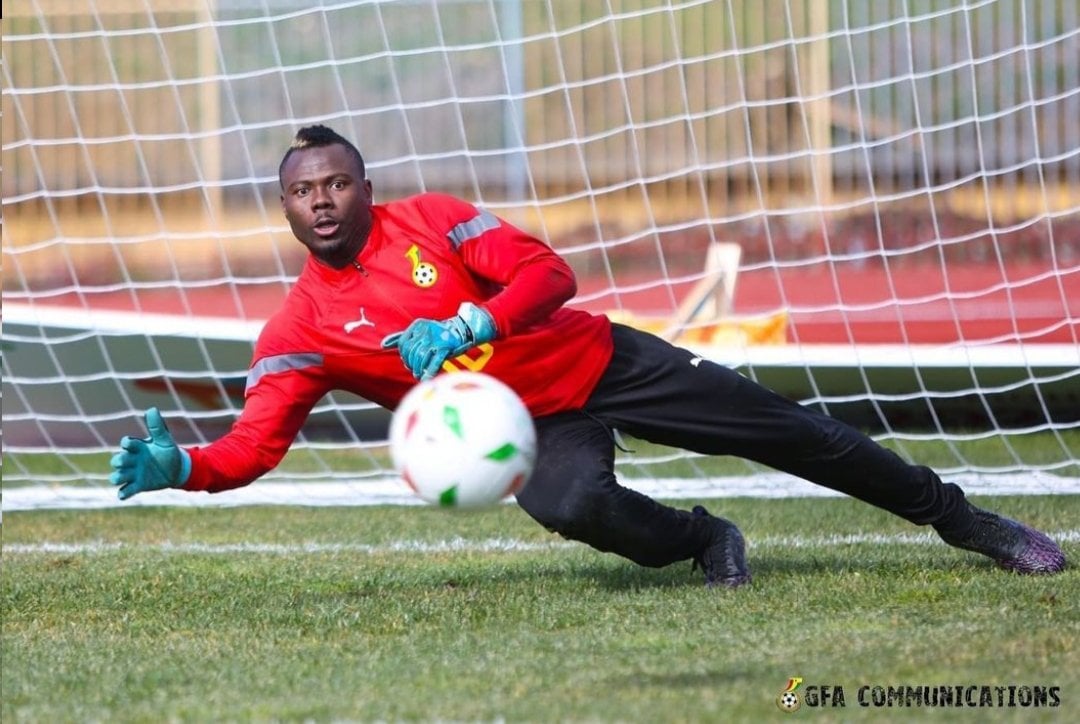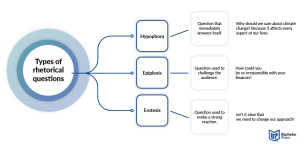
A joint investigation by Deutsche Welle (DW), German broadcaster ZDF, and Der Spiegel has exposed a disturbing international organ trafficking syndicate with Kenya as a central hub. The report reveals that desperate patients from countries like Germany, Israel, Russia, and Somalia are paying up to $200,000 (Ksh25.9 million) for life-saving kidney transplants.
A hospital located in Eldoret has been identified as a key location for these procedures. According to the exposé, while the recipients are driven by survival, many of the donors are young Kenyans lured by promises of quick money—often under exploitative and deceptive conditions.
Donors exploited and left in pain
READ MORE: Nigeria remains Africa’s top oil producer despite output dip in March – OPEC report
One Kenyan man recounted his ordeal after being paid $4,000 (Ksh518,120) to donate a kidney. “I was taken to the hospital by a middleman who gave me papers to sign in English—a language I don’t understand,” he explained. The documents allegedly confirmed consent to surgery, but no one informed him of the serious health risks involved.
Since the operation, he has developed complications including severe back pain and difficulty walking, making it impossible for him to continue his work as a mechanic. This situation reflects a wider pattern identified by the investigation, in which local donors are given little to no medical guidance post-surgery.
The syndicate operates by exploiting Kenya’s lack of strict laws prohibiting the sale of organs. While many countries have clear bans on compensated donation, Kenya does not criminalise receiving money for one’s kidney—creating a grey area exploited by traffickers.
The network allegedly sources donors from within Kenya through paid referrals. However, in some cases, donors have also been flown in from countries like Azerbaijan, Kazakhstan, and Pakistan. These individuals are often made to sign documents falsely stating they are related to the recipients, who they have never met.
Some donors weren’t even of legal age, and were tricked into consenting to surgery under false pretences,
International demand fuels local boom
Initially, recipients of the transplants came from Somalia, but by 2022, people from Israel began arriving, followed by German nationals in 2024. With rising demand, the organ trade has become a booming business, with recipients reportedly paying tens of millions for transplants.
According to DW, some of the surgeries are performed by Indian doctors flown into Kenya specifically for the procedures. The foreign patients prefer Kenya to avoid stringent laws and long waiting lists in their home countries.
One German-based medical agency suspected of facilitating some of these transplants has denied involvement, claiming all activities are legal. However, the agency’s owner—an Israeli national—was previously indicted for illegal kidney transplants conducted in other countries.
Silence and inaction despite alarming reports
DW’s investigation also highlights the lack of government response despite repeated alerts from Kenyan health officials. A confidential report on the Eldoret hospital’s practices was reportedly completed several years ago but has never been released to the public.
The hospital’s owner is said to be highly connected, making regulatory enforcement difficult. When contacted, Health Cabinet Secretary Aden Duale stated that “action will be taken if the allegations are proven true.”
READ MORE: Ghana and other African countries hit by Trump’s harsh tariff spree – Full list
Penalties for organ trafficking in Kenya
Under Kenyan law, illegal organ trafficking carries a penalty of up to 10 years in prison and/or a fine of Ksh10 million. However, trafficking individuals for the purpose of organ harvesting attracts a harsher punishment—over 30 years to life imprisonment and/or a fine of Ksh30 million.
This shocking exposé underscores how vulnerable lives are being commodified to meet global demand for organ transplants. While rich recipients pay astronomical sums for a second chance at life, young donors are left to suffer in silence—exploited by a system that continues to thrive in the shadows.
Until Kenya strengthens its organ donation laws and enforces accountability within its medical institutions, the country risks remaining a hotspot for one of the world’s most exploitative black markets.
Read Full Story

















Facebook
Twitter
Pinterest
Instagram
Google+
YouTube
LinkedIn
RSS